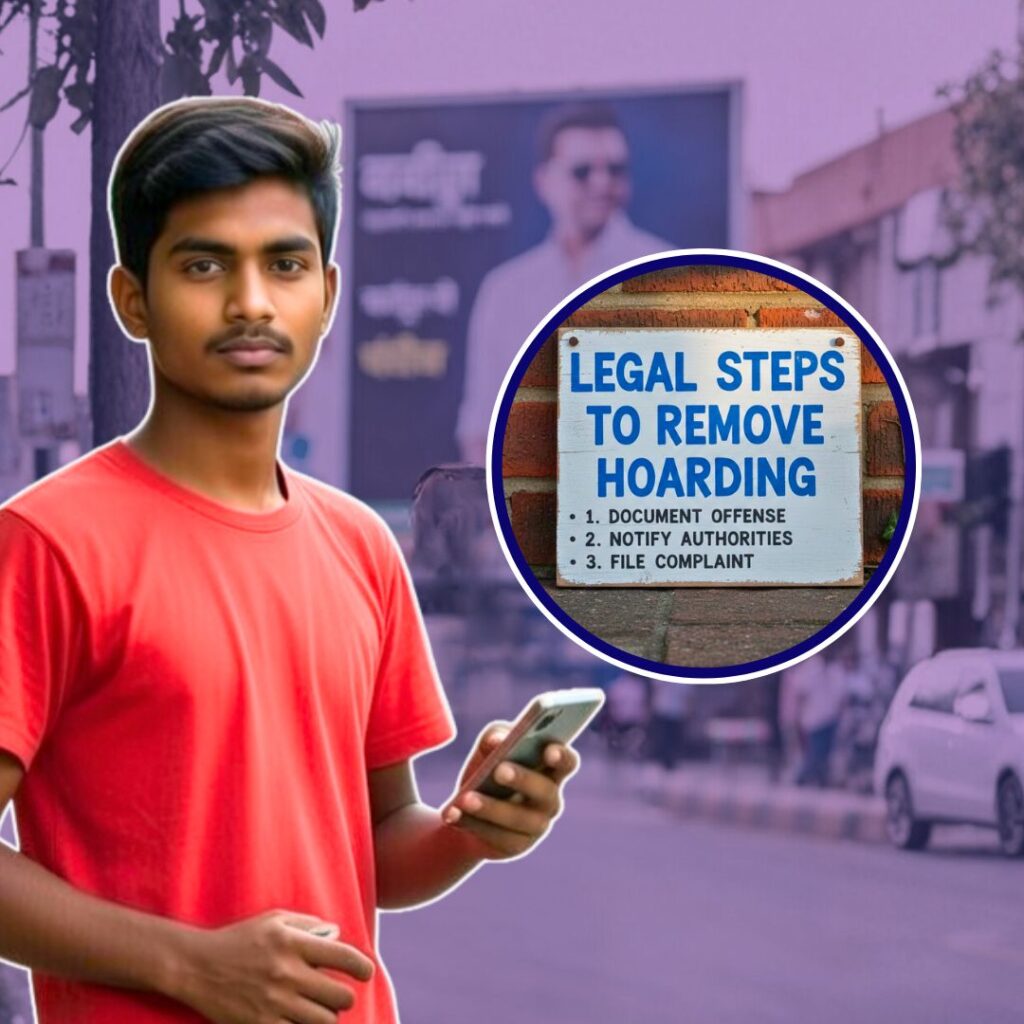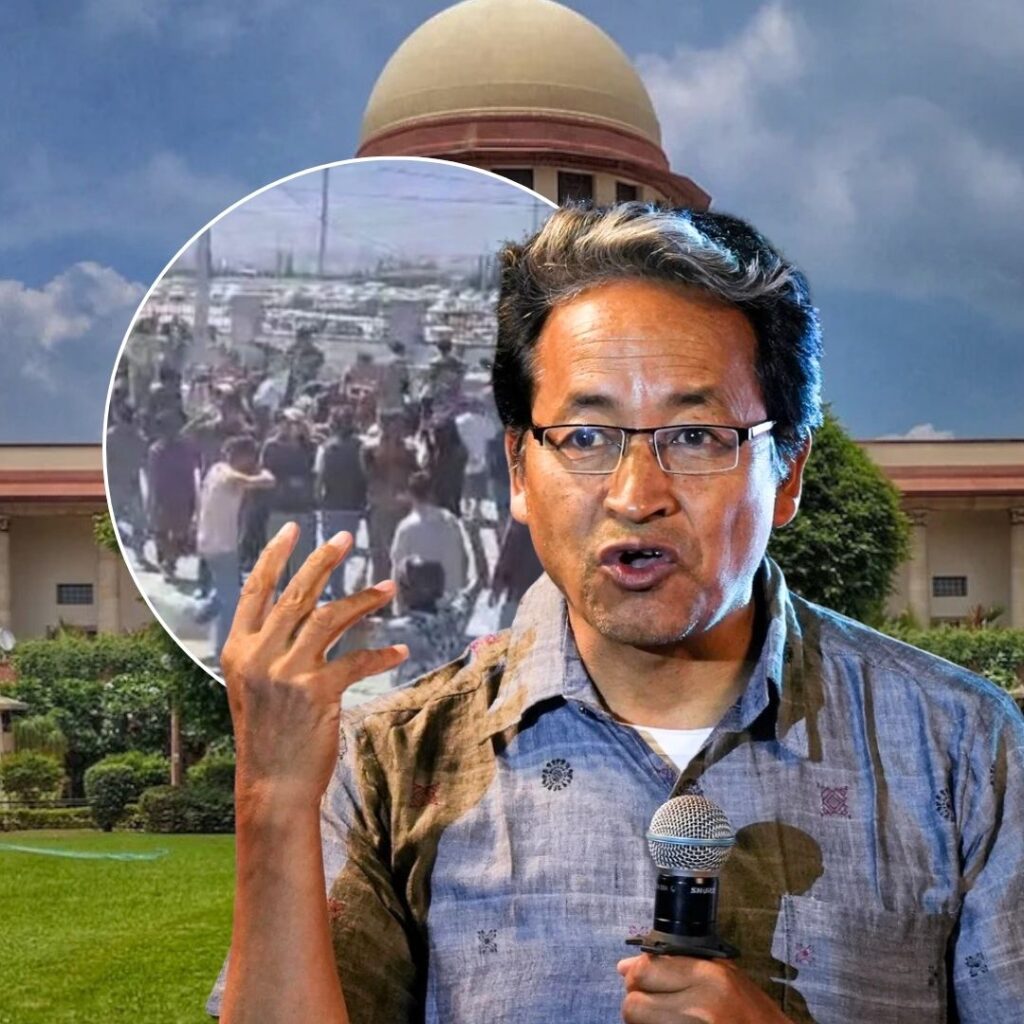In the times of coronavirus terms like quarantine and isolation are often heard in general conversations. But few have the idea that both the terms refer to separating people in various ways due to the spread of disease.
For doctors, public health officials, and other professionals, however, there is an important distinction between quarantine and isolation. Simply put, isolation and quarantine are public health practices used to stop or limit the spread of disease. These practices help to protect the public by preventing exposure to people with a contagious disease.
Isolation separates people suffering from a contagious disease from healthy ones. On the other hand, quarantine separates and restricts the movement of healthy people who were exposed or might have exposed to a contagious disease to see if they show any symptoms.
What Is Quarantine?
The practice of quarantine, as we understand today began during the 14th century to protect coastal cities from plague epidemics.
According to history, ships arriving in Venice from infected ports were required to sit at anchor for 40 days before landing. This practice, called quarantine, was derived from the Italian words quaranta giorni which means 40 days.
In general, a quarantine refers to ‘strict isolation imposed to prevent the spread of disease.’
People are put in quarantine when they are not currently sick, but have been or may have been exposed to a contagious disease, like COVID-19. This can help contain the disease and break the chain and therefore stop the spread of the disease.
Voluntary quarantine (when someone isn’t ordered to go into quarantine but chooses to do so just out of caution) is also often called self-quarantine.
What Is Isolation?
Isolation is used when a person who has is suffering from a disease is kept apart or separated from other people. From the medical point of view, isolation specifically means ‘the complete separation from others of a person suffering from contagious or infectious disease.’
Isolation is usually recommended when a person is infected with a communicable disease and is separated from healthy people. This too is practised to contain the disease and break the chain. Voluntary isolation is also sometimes called self-isolation. People often use the latter term in general conversations, but it need not mean they are infected.
According to history, it was first recorded around 1825â35, isolation ultimately comes from the same root as insulation: the Latin insulÄtus, ‘made into an island,’ based on insula, ‘island.’ Isolated is recorded around 1755â65.
What is Social Distancing?
The COVID-19 outbreak has introduced many people to the term social distancing for the first time. One can find it mentioned all over social media. From public health perspective, social distancing generally refers to various measures that reduce close contact or increase the distance between large groups of people.
According to the Centre For Disease Control and Prevention (CDC), social distancing involves ‘remaining out of congregate settings, avoiding mass gatherings, and maintaining distance (approximately 6 feet or 2 meters) from others when possible.’
Congregate settings include ‘crowded public places where close contact with others may occur, such as shopping centres, movie theatres, stadiums.’ Social distancing measures often mean cancelling big gatherings (such as conferences, classes, and sporting events), restricting mass transit and travel, and working from home.
As part of their efforts to social-distance, people may use terms like ‘isolating’ or ‘self-isolating.’ It must be noted that these more casual uses of isolation don’t necessarily mean they are infected. If you’re confused, ask and wash your hands.
How Long Do I Need To Stay At Home?
Although most of the states have put restrictions till March 31, as of now there is no specific period designated for people to stay at home. It all depends on how well and how seriously people take social distancing measures. It also depends on how much we can slow down and contain the pandemic. Even if one doesn’t have the symptoms, they might be a silent carrier of the virus. Older people with underlying health conditions might get it from you. It is difficult for them to recover.
Also Read: Coronavirus Outbreak: Kerala To Open ‘Corona Care Homes’ Near International Airports











